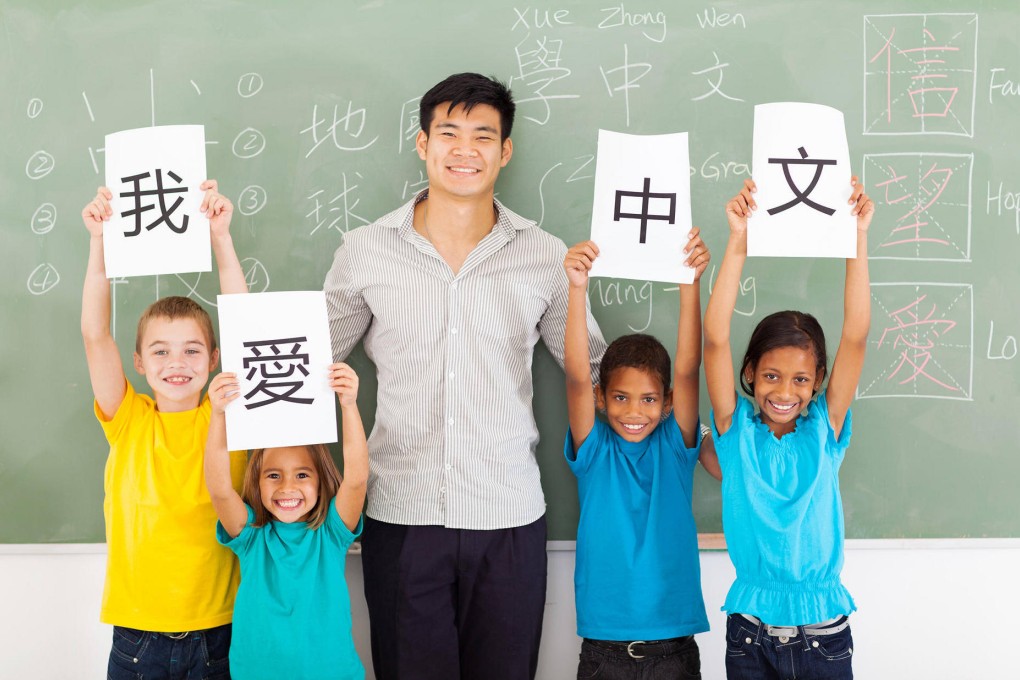City scope: mother tongues of invention
Anna Chen in London

Britain will get its first bilingual English and Putonghua school when the Marco Polo Academy opens in north London in September. Pupils aged four to 11 will be taught a bilingual curriculum, preparing them for a dramatically changing world.
A lot of Chinese live in the borough of Barnet, making it an ideal location for a school that combines "the best elements of Chinese and British approaches to education". The academy has been founded under the government's free school initiative, by a group of parents, teachers and professionals, not all of whom are Chinese. One pressing need is the borough's lack of primary schools, Barnet being among the 10 most deprived nationally.
With Britain plummeting down the international education rankings, it's a timely recognition that a changing world requires imaginative measures. We currently stand at No26 in the Pisa (Programme for International Student Assessment) tests - below Shanghai, Hong Kong and Vietnam - and it's not only our national pride that's taking a beating over our children doing so badly at maths, reading and science. Britons are waking up to the fact that English and French are being replaced as the most commonly used international languages in diplomacy and business, and anyone who can't talk to the new kid on the block is likely to find themselves at a severe disadvantage.
Laura Chan, a co-founder of the school, insists there are other driving factors.
"We're not just preparing children for the emergence of China economically and politically. The language is important so they can communicate with other cultures and peoples. But we also wish to develop the whole person as a global citizen; creative, problem-solvers, the ability to be flexible, open to new concepts."
While other primary schools have introduced lessons in Putonghua, the Marco Polo will be the first to teach the entire curriculum in both languages. The first year's intake of 52 boys and girls will learn their language skills using the bilingual "immersion" technique, pioneered in countries such as Australia, Canada and the United States. This means lessons being taught wherein the second language is the medium of communication and not just a subject.